Our nightstands are loaded with books to read and our laptops are packed with websites to explore and unpack some wisdom about the global food supply chain.
Books
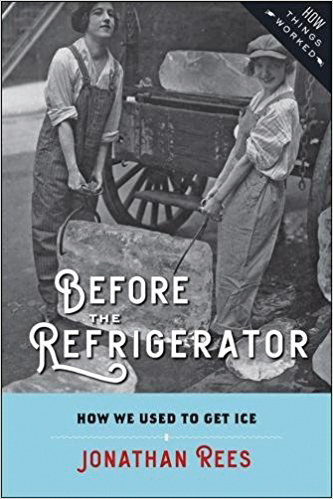
Before the Refrigerator (Jonathan Rees)
Before the refrigerator, there was the icebox. But if you didn’t live in the frozen tundra, getting ice required a complex choreography. Jonathan Rees traces the process of ice harvesting and distribution — a key method of preserving perishable foods — as it evolved in the late 19th and early 20th centuries. As the country moved toward mechanical cooling, widely available ice played a vital role in transforming the American diet. (Read Jonathan Rees’s Food+City story about the cold chain.)
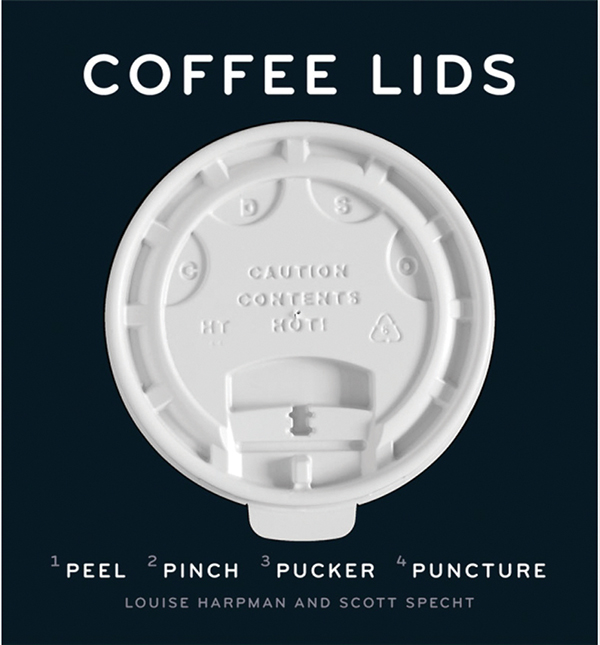
Coffee Lids: Peel, Pinch, Pucker, Puncture (Louise Harpman, Scott Specht)
Some things just seem like they were always there, as if no one could possibly have spent time inventing them. The ubiquitous plastic lid on the humble paper coffee cup is just such an item. But take time to consider its nuanced and varied design features, as architects Louise Harpman and Scott Specht have in this delightful mini-primer on industrial design, and you may enjoy your morning joe even more.
Barges and Bread (Di Murrell)
It’s not every day that a historian has lived the life she’s writing about. But for Di Murrell, barging has been her way of life for more than 30 years. Her book looks way back to 13th century London and the history of the grain trade on the Thames. Grains and bread — not coincidentally, a synonym for money — were staples for all citizens because, as a commodity crop, grain was stable, and large quantities could be transported efficiently over even the shallowest waterways. Take a trip back in time with the historian barge master. (Check out our story about the role of barges in moving food throughout history.)
The Flavor Thesaurus (Niki Segnit)
As we investigated IBM’s Chef Watson, another source of clever food pairings sprang to mind: Niki Segnit’s “The Flavor Thesaurus.” Structured like Roget’s classic, the book lists ingredients — such as beets, blueberries, oysters — and offers classic and novel pairings based on flavor themes. Recipes and other suggested preparations are included in the text. It’s a fantastic resource for moving off the beaten path and developing your own recipes.
Fishing Lessons (Kevin Bailey)
Bailey provides a glimpse of the future of the global fishing industry, documenting the rise and fall of fish populations, the loss of indigenous fisheries and the arrival of fish farms. He makes the case for a future seafood industry that includes “new” artisan cultures while incorporating new ways of selling direct to consumers. He says that his book provides “a fine-grained view of the larger issues in the world’s fisheries — too many fishermen with too few fish, conflicts with other resource users, loss of fishing rights and degraded habitats.” There’s room for hope, according to the author.
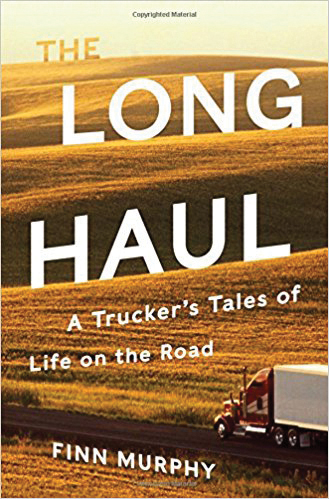
The Long Haul (Finn Murphy)
Finn Murphy dropped out of college in the late 1980s, much to the chagrin of his parents, and became a long-haul trucker. He’s a furniture mover, but his experience driving the nation’s highways — and navigating the small lanes of Lower Manhattan or the mountain passes in Colorado’s Rockies — runs in parallel to the thousands of other haulers who transport our food, our packages and everything else we buy and ship. This catchy memoir offers multiple tableaux, and lots of juicy slang terms, of one life on the road. (Read about another truck driver, Annette Womack, in our Food Mover story from Issue 2.)
Podcasts
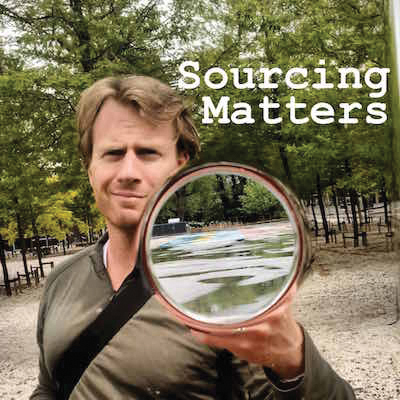
Sourcing Matters
Host Aaron Niederhelman takes listeners with him as he examines problems with and solutions for feeding ourselves into the future. He finds leaders focused on food system reform and reducing environmental impact who tell stories worth pausing for. “Our goal with this show is to celebrate leading voices committed to promoting food values through proper natural resource management,” says the podcast’s website. “It is, after all, the sourcing which matters.”
Films
Rotten (Netflix)
This series of six episodes dives into various parts of the food supply chain, exposing some unsavory realities of the industrial food complex. Mass deaths of honeybees, the plight of peanut farmers in an age of allergies, the economics of dairy farming and the dwindling global fish supply are among the tough topics the filmmakers tackle. It may leave you wanting to move to the country and grow all your own food.
Magazines
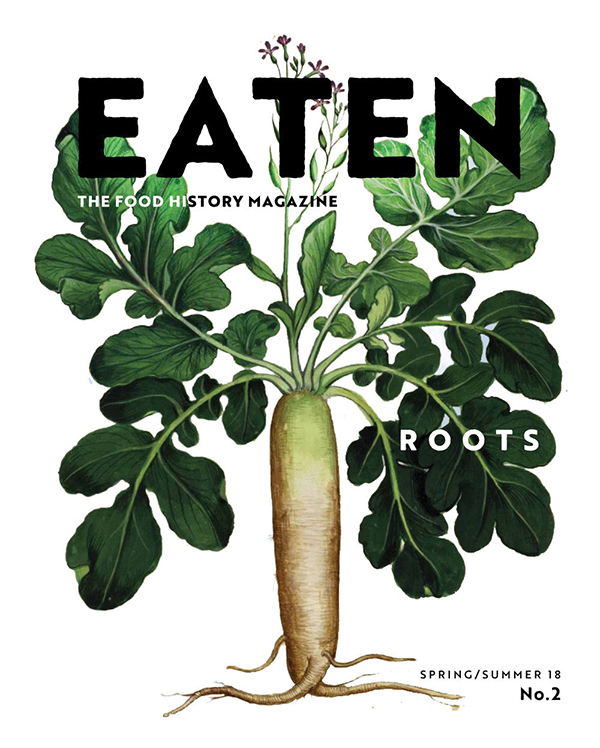
Eaten: The Food History Magazine
Social and economic historian Emelyn Rude launched a new magazine in the fall of 2017 with a focus on the history of food. Filled with luscious eye candy, rediscovered recipes and gastronomic essays, the magazine transports readers through time on a common vehicle — food.
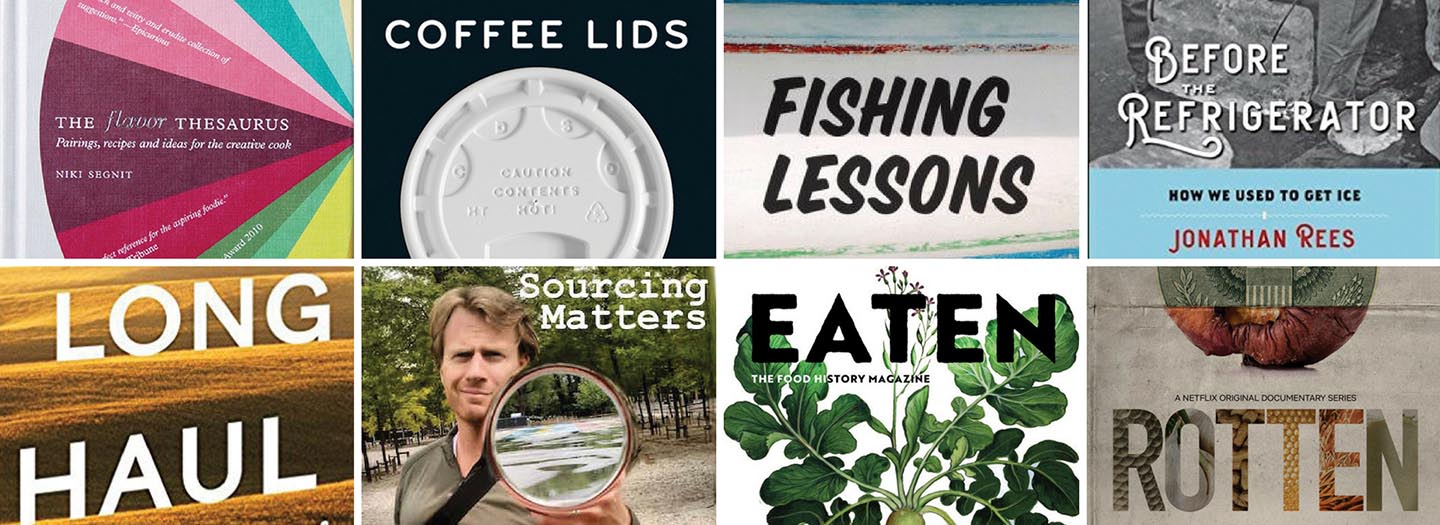
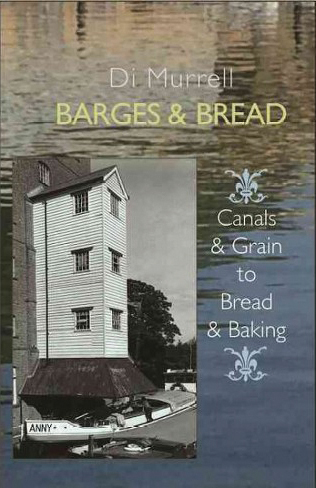
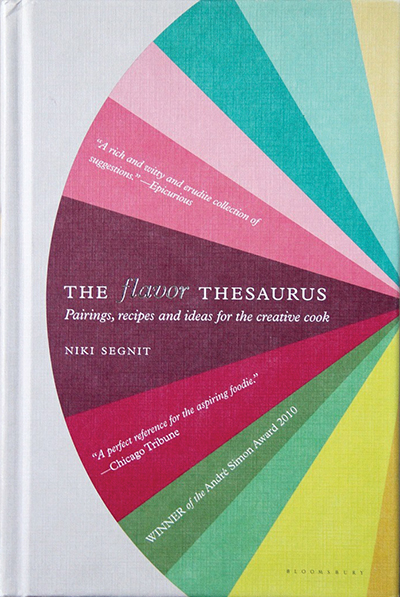
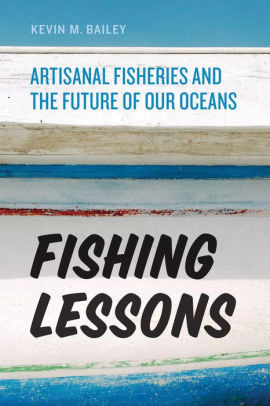
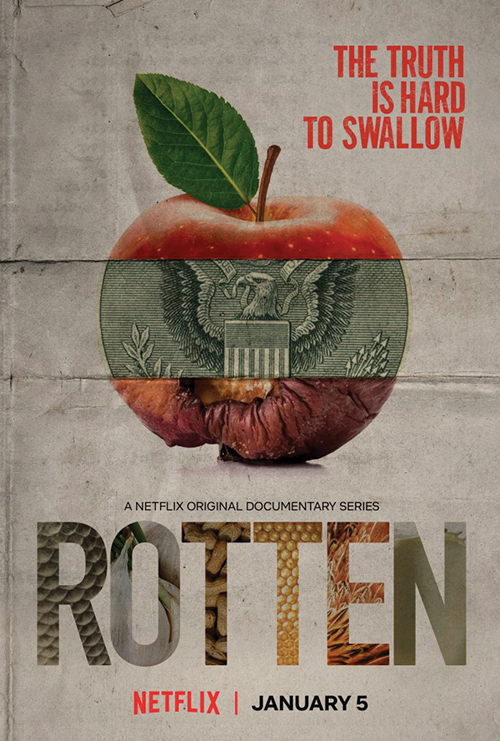
Author
Food+City is a catalyst for food supply chain innovation.